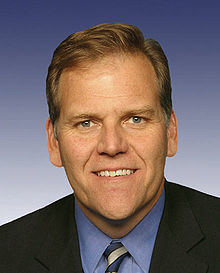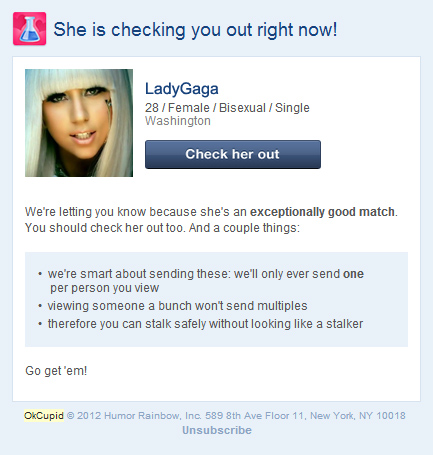This is part of a series of posts highlighting the Theorizing the Web conference, April 14th, 2012 at the University of Maryland (inside the D.C. beltway). See the conference website for information as well as event registration.
This panel consists of four presentations that exhibit a theoretically rich range of approaches to understanding theory of mobile technologies in contemporary contexts. Jason Farman’s “The Materiality of the Mobile Internet: An Object-Oriented Approach to Mobile Networks” uses the path of a single mobile phone signal to illustrate the importance of considering both human and non-humannodes in digital networks. Katy Pearce’s “Is your Web everyone’s Web? Theorizing the web through the lens of the device divide” considers the social implications of accessing the Internet via mobile vs. traditional interfaces. In doing so, she casts a much-needed theoretical spotlight on a notion many of us grasp intuitively: that the quality of one’s online experience depends critically on the device(s) used to get online. Along similar lines, David Banks’ “Finding it ‘Otherwise’: Culturally and Geographically Situating The Practice of Texting” takes a sociotechnical approach to mobile phoneuse in Ghana, discovering how residents use their phones to move about their world. In a laudable instance of research informing real-world practice, data from the project will inform the deployment of a regional condom distribution network. Finally, Jim Thatcher’s “MobileGeo-Spatial Devices: a theoretical approach to the GeoWeb” critically interrogates the mediation of geographical knowledge-gathering through mobile devices. Applying a critical Marxist understanding oftechnology, he develops a radical reading of ostensibly innocuous “apps” that may serve to reinforce offline inequalities.
[Paper titles and abstracts after the jump.] more...






